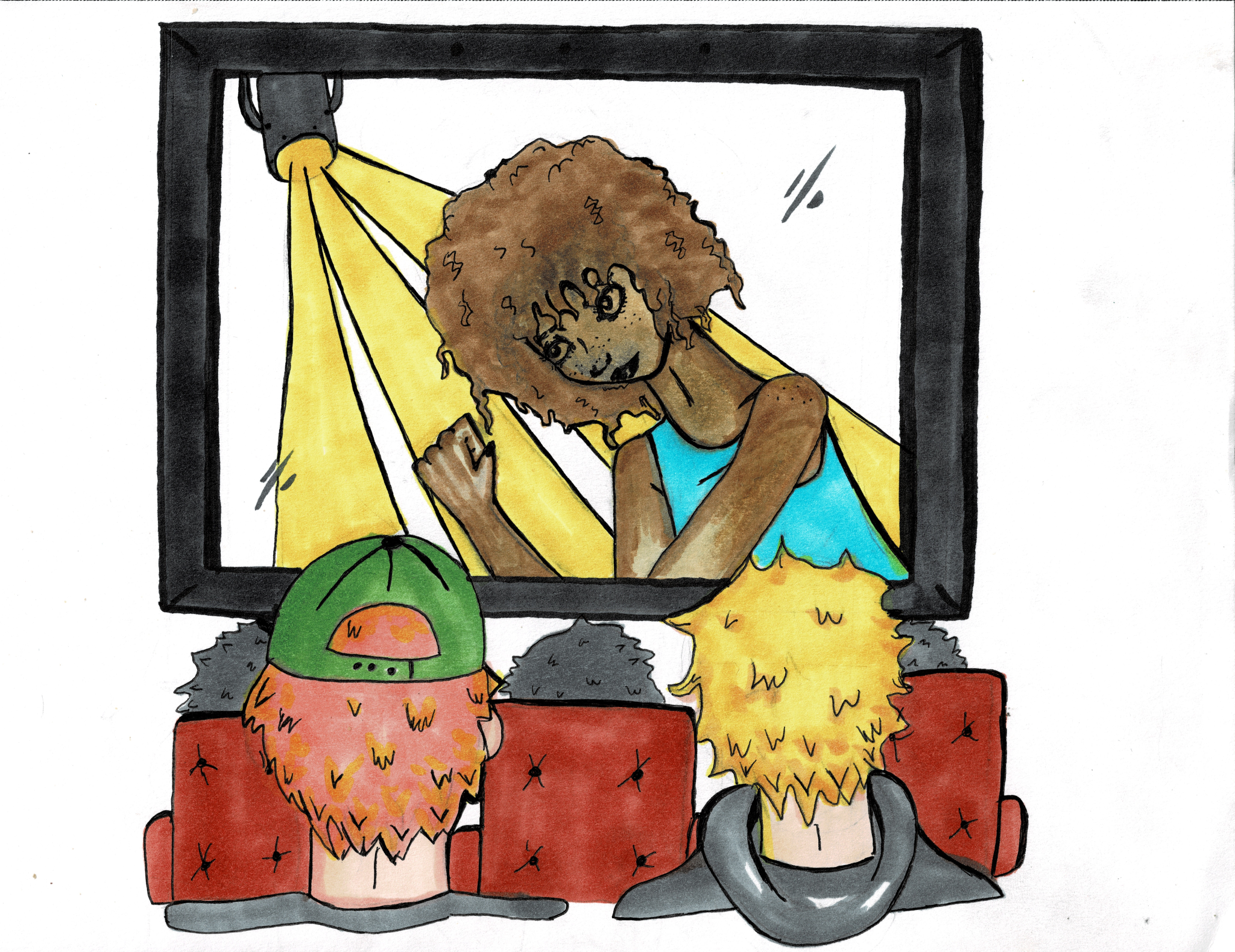“The why of it is really important, just as a baseline,” said Liz Lisle, managing director at Shotgun Players, a Berkeley community theater. “Acknowledging that there’s a legacy that we really have to undo, in order to support people of color around here and make the theater feel like a place where many people of color can feel like they belong.”
Berkeley community theaters like Shotgun Players and Berkeley Repertory Theatre have made recent efforts to uplift actors and stories of color in their performances. However, much of their audience lacks the same level of diversity.
Shotgun Players has a committee called Equity, Diversity, Inclusivity, and Belonging, which is made up of different members of the theater. The committee meets once a month to “further their commitment to anti-racism and the rejection of white supremacy,” according to their website.
“The main philosophy is to recognize that theater has not historically been a safe or supportive place for people of color, and we are trying to change that,” Lisle said. “It’s not a project that we’re going to finish. It’s more an evolution of our work culture in our spaces.”
Similarly, Berkeley Repertory Theatre has also worked to diversify their theater community. According to the Berkeley Rep Antiracism Commitment, they have experienced “successes and failures this year” as they have worked towards their goals. Despite this, the theater states that they “remain steadfast in their commitment to transforming the theater for the better.”
Berkeley Repertory Theatre has also established a dedicated budget line which goes towards anti-racism staff training and development. “We’re really trying to think broadly about making sure that, given the relatively powerful platform that we have for storytelling here in the Bay, that we are uplifting, representing, and supporting a wide variety of voices,” said Johanna Pfaelzer, the artistic director at Berkeley Repertory Theatre.
Local theaters have been taking steps to welcome in a spectrum of audience members. For many theaters like Shotgun Players, this takes shape in focusing on the type of stories they’re telling and the ways that they cast.
“Specifically, we’re looking for plays about, you know, Black joy over Black trauma, right, or stories that have not historically been told on mainstage,” Lisle said. “For audiences it’s like, ‘Wow, there’s someone who looks like me on stage, that’s a story that feels valuable or meaningful to me.’ ”
Shotgun Players is also working to dismantle some of the theater practices that can feel hidden to new audience members.
“There’s a lot of unspoken rules that go along with the culture,” Lisle said. “Like, I have to look this way, or I need to be quiet at these times, and I can clap at these other times. And so a lot of what we’re trying to do is throw that out the window a little bit.”
The playhouse is making efforts to combat this dynamic by encouraging interactions with the audience.
“We have audiences that are like, vocally responding throughout the show, supporting the cast,” Lisle said. “There’s just like an energy and electricity in the room that feels really different, I think, than in traditional theater spaces.”
According to Cyndii Johnson, an actress currently working with Berkeley Repertory Theatre, the industry has changed dramatically since she first started. Johnson has noticed an increase in diversity, including cast, crew, box office, and production. She has also seen shifts in the audience demographics.
“In the past, theater audiences were always old, rich, white people, a very specific kind of person,” Johnson said. “But now, people are beginning to realize that theater is supposed to be an inclusive place for all people. People are adjusting their ticket pricing, they’re having initiatives, and really being a part of the community.”
At Shotgun Players, this goal to bring in a more diverse audience is through the Make A Difference (MAD) program. People who are 25 or younger can purchase a ten dollar MAD ticket, used for any performance any time. Shotgun Players also offers the Community Ticket, which isn’t age based. “(If) you want to come see the theater and prices are the barrier, you can get a $15 ticket for any show,” Lisle said.
Continuing to strive for diverse audiences is crucial to Lisle.
“The experience of sitting in the theater next to someone you don’t know, who’s not necessarily like you and has totally different experiences from you is the whole name of the game,” Lisle said. “Why bother to make theater if you’re making it for the same type of people all the time? If the theater audience is homogeneous, then a lot of the possibility of the beautiful transformative power of theater is lost.”





